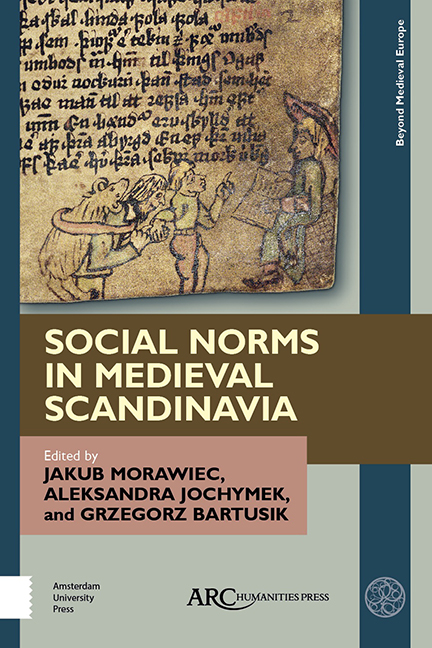Chapter 6 - Cultural Transfer of Cognitive Structures of Fortune in the Latin and Old Icelandic Literatures and Languages: The Case of the Metaphor Fortune is a Wheel
Published online by Cambridge University Press: 20 November 2020
Summary
ACCORDING TO WOLFGANG Welsch's model of transculturality, when different cultures collide, a process resembling an osmosis occurs between them, known as cultural transfer. The elements of given cultures gradually permeate broader cultural spheres and deeper social strata: people meet, communicate, and intermingle, exchange artifacts, ideas, texts, and languages. Consequentially, they come to share mindsets and worldviews, ways of thinking and understanding of the world and the human's place within it. This article is particularly concerned with the cognitive phenomena which take place in between cultures. How are particular ways of thinking disseminated? What happens on a linguistic micro-scale?
To shed light on this mental layer of cultural transfer and place it under the magnifying glass of critical analysis, I use historical cognitive linguistics originating from the theories developed by Lakoff and Johnson, to analyze a text which may be considered a nodal point between Latin and Scandinavian civilizations, literatures, languages, and mindsets: Rómverja saga (The Saga of the Romans).4 Rómverja saga is an Old Norse– Icelandic translation of Latin texts by Sallustius (86 BC– CA. 35 BC) and Lucanus (ad 39–65), two ancient Roman writers. This translation emerged in late twelfth-century Iceland, in the midst of accelerating Europeanization of Scandinavia in the Middle Ages. Focusing on this displaced text will allow me to shed light on cultural encounters between two seemingly unrelated historical times and locations: the Roman Empire of antiquity and the medieval Icelandic Commonwealth, which resulted from two civilizing processes unfolding in Scandinavia: Christianization and Europeanization.
A change in mentalities is always recorded in language. In order to scrutinize the network of beliefs and attitudes underlying Rómverja saga and its texti recepti, Sallustius and Lucanus (which would otherwise remain invisible while always implicit in the saga's texture), we may examine the text's linguistic structure. A case study of this textual group in context of related literatures, languages, and their conceptual worlds will allow to identify traces of change in medieval Norse worldview, brought about by inflow of Latin learning to Scandinavia in the tenth and eleventh centuries in the wake of Christianity's rise in the region.
- Type
- Chapter
- Information
- Social Norms in Medieval Scandinavia , pp. 103 - 138Publisher: Amsterdam University PressPrint publication year: 2019



